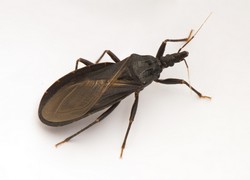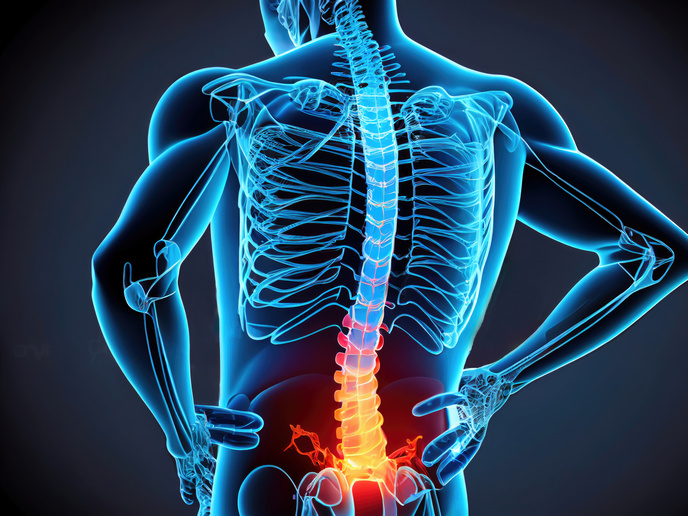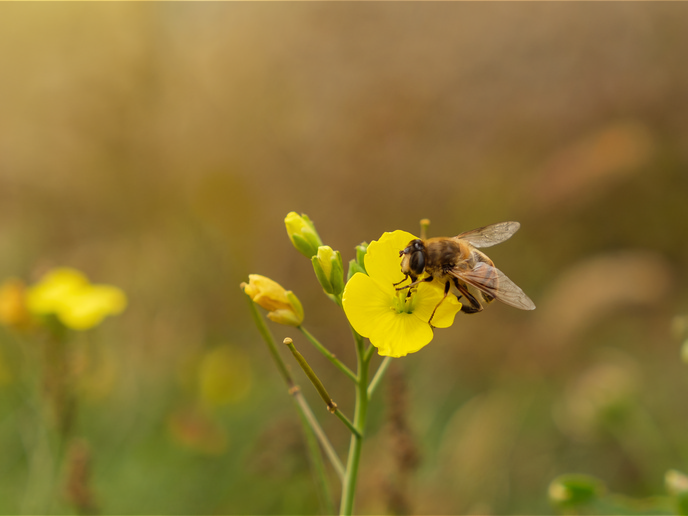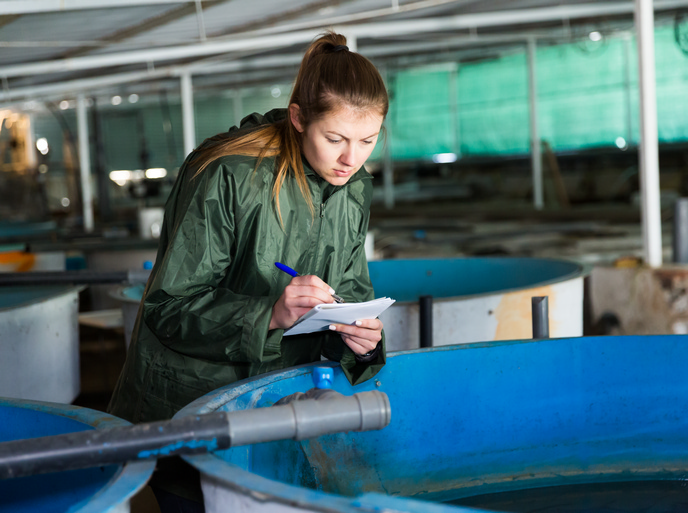Fundamental biology of insect pests
Humans share the planet with countless other species. Most do not affect us at all, some we depend on for food and materials, and a few cause disease and other difficulties for humans. The EU-funded IBIAL (Integrative biology of insects affecting human life) project created an exchange network for researching insect pests affecting humans. The study examined social insects, those that parasitise humans and those that are disease vectors. Researchers conducted an integrative analysis of insects’ behaviour, sensory neurobiology, spatial orientation, intra- and inter-species communication, survival strategies and location of resources. Doing so, the team used certain insect groups, including triatomine bugs, mosquitoes, a species of parasitising fly called Mallophora ruficauda, and leaf-cutting ants (Attini) and carpenter ants (Camponotus spp.). The work examined general biological questions to provide a better understanding of issues, including biological invasions and parasite transmission. Results yielded several articles published or submitted for publication. Team members also participated in conferences. The project provided early-stage researchers (PhD students and postdoctoral fellows) and experienced researchers with training in the form of courses officially incorporated into PhD programmes. All researchers additionally gained experience in international research. The project’s collaborations included one co-supervised PhD thesis, postdoctoral work in Argentina supervised by an EU partner and various personnel exchanges. The last paved the way for additional collaborative proposals. IBIAL’s work has contributed to fundamental research and pest control.







